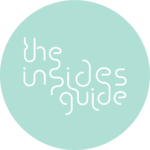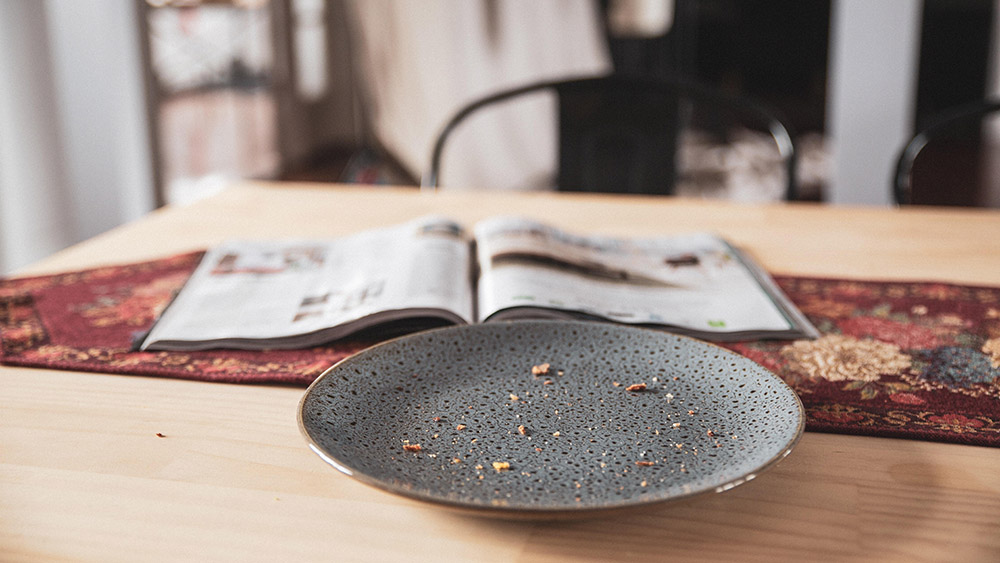Unwittingly ingested gluten? Read on for tips on beating it after eating it.
Extreme tiredness, aching joints, a bloated stomach, a desperate urge to rush to the… even the most clued-up and vigilant of us can sometimes accidentally get ‘glutened’. But although regularly doing so increases a person with coeliac disease’s risk of nutrient deficiencies, osteoporosis (bone weakening), impaired growth and poor calcification of the teeth (in children), developing other autoimmune diseases (such as type 1 diabetes), infertility and miscarriage, and lymphoma and gastrointestinal cancers, a one-off, accidental ‘glutening’ isn’t a long-term threat to wellness.
It’s an unfair reality that the longer you’re on a gluten-free diet, the more intense your reaction to gluten may become. You may even develop symptoms you didn’t experience prior to going gluten free. This is because it’s easier to recognise symptoms when you don’t regularly experience them, and because your immune system becomes more reactive to gluten when it hasn’t encountered it for a while.
So, what do you do if it happens to you? Don’t panic! Support your body by:
- Trying not to feel guilty or upset. Stress may upset your gastrointestinal system even more. Learn as much as you can from the situation, be kind to yourself and move forward.
- Drinking plenty of water.
- Using pain relief only as required and with care, checking first that the medication is gluten free.
- Getting adequate rest. The symptoms of gluten exposure aren’t restricted to the gut and can affect your entire body. You might feel tired like you do at other times when your immune system has been stimulated e.g. fighting a virus. Your sleep may be disturbed. Consider temporarily reducing your usual commitments to give yourself time to recover.
- Using heat packs and hot water bottles for relief and comfort. Wheat bags are safe to use, although caution is required if you experience contact skin reactions to wheat or gluten.
- Being patient. Symptoms such as stomach pain, joint pain, fatigue and brain fog may take several weeks to resolve. Similarly, anxiety, depression and irritability can be symptoms of gluten exposure — it can take a while before you feel like yourself again.
- Proceeding with caution when you’re ready to eat again, choosing light, easily digestible meals.
- Trying natural relief products. When taken as directed, some people find these can help to relieve symptoms:
- Gluten-specific digestive enzymes. When taken soon after ingesting the gluten-containing food, some people find digestive enzymes help ease gut symptoms. Note: they do not prevent villi damage in coeliacs.
- Iberogast (for stomach pain, abdominal cramps, bloating, gas, heartburn, diarrhoea, feelings of fullness, nausea and constipation).
- Activated charcoal. Activated charcoal works by binding toxins and reducing gas. It’ll also bind to beneficial substances in the gut, such as vitamins and minerals, so shouldn’t be used on a regular basis. Note: activated charcoal may reduce the effectiveness of some medications (ask your pharmacist for advice).
- Probiotics or fermented foods (which naturally contain probiotics). Although there’s little scientific evidence to support the efficacy of probiotics, anecdotally they’ve been found to help with recovery.
- Using dermatologist-prescribed ointments to control dermatitis herpetiformis flare-ups.
- Keeping a suitable container (with a lid) in your car or a large zip-lock bag in your handbag. This can be a lifesaver if vomiting is a symptom you experience. Carrying a change of underwear may be a good idea if you experience urgent diarrhoea.
- Easing the discomfort of diarrhoea by using Vaseline or a Baby Nappy Balm (zinc cream) to soothe a sore bottom.
- Identifying your personal pattern of symptoms. Symptoms typically follow a predictable pattern and getting to know yours will help you to identify the source of the gluten so you can avoid it in future.
- Asking for help. If accidental (or non-accidental) gluten ingestion becomes a regular occurrence for you, I can help you to identify where gluten may be sneaking into your diet and set you back on the path to living well gluten free.
To find out more about the gluten-free diet, coeliac disease or gluten intolerance, get in touch or book a consultation.
You can also join my email list and receive my latest articles, updates & advice delivered straight to your inbox.

